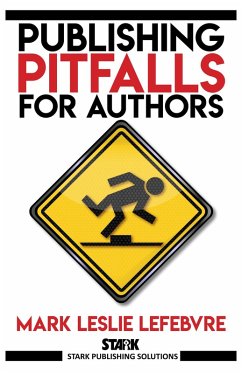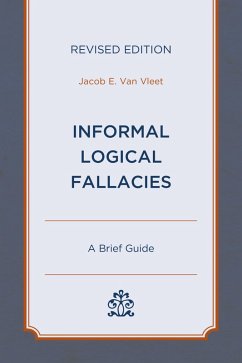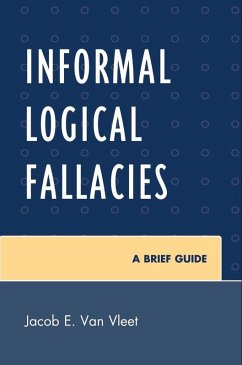
Fallacies and Pitfalls of Language (eBook, ePUB)
The Language Trap
Sofort per Download lieferbar
11,95 €
inkl. MwSt.

PAYBACK Punkte
6 °P sammeln!
Fallacies and Pitfalls of Language (eBook, ePUB)
Dieser Download kann aus rechtlichen Gründen nur mit Rechnungsadresse in A, B, BG, CY, CZ, D, DK, EW, E, FIN, F, GR, HR, H, IRL, I, LT, L, LR, M, NL, PL, P, R, S, SLO, SK ausgeliefert werden.













